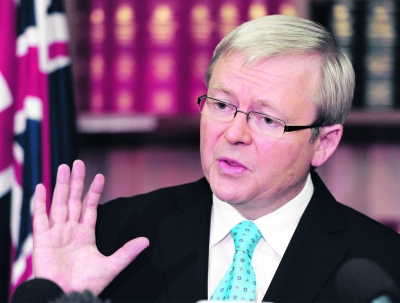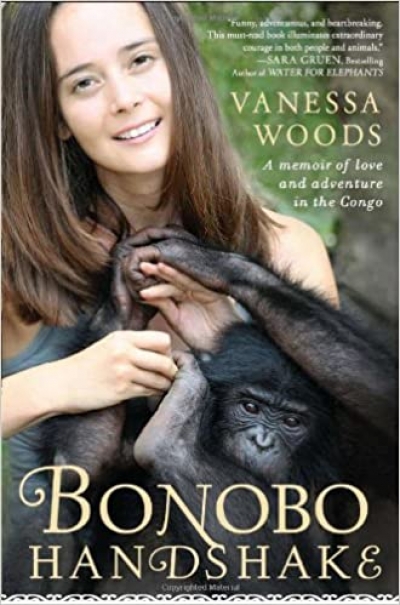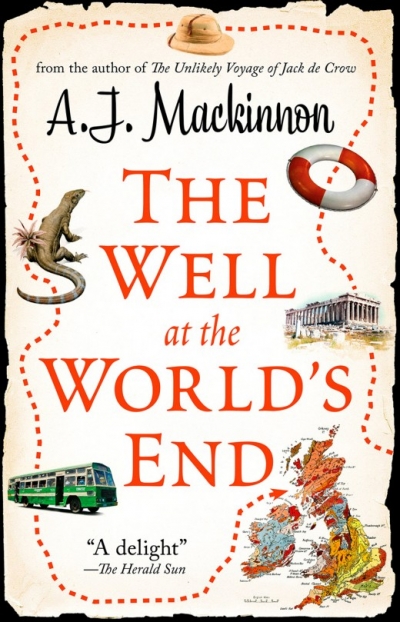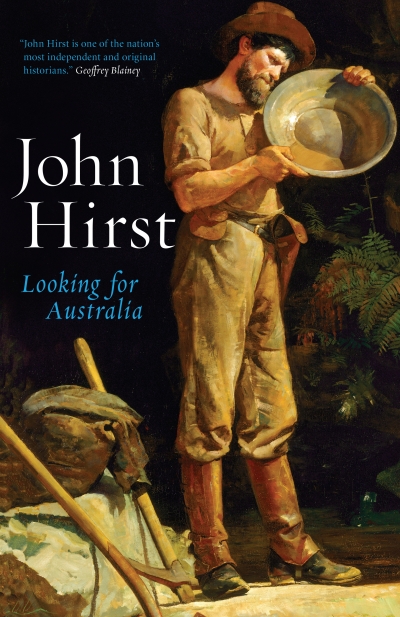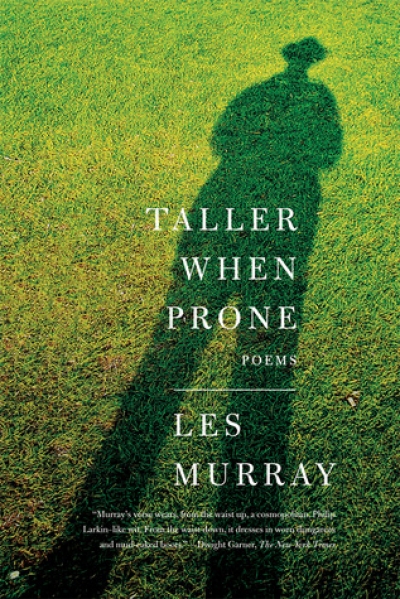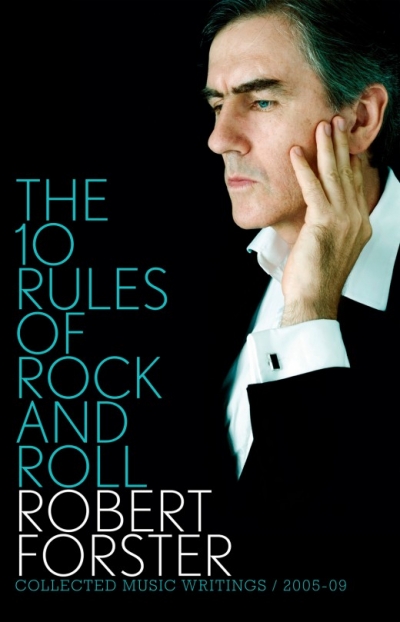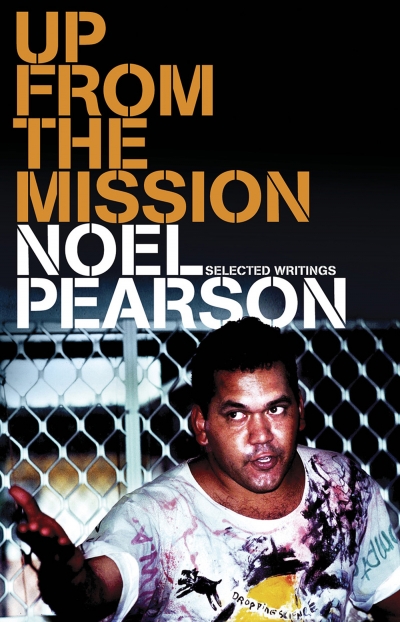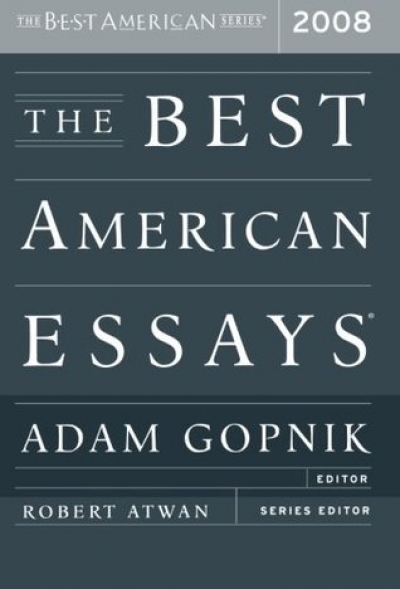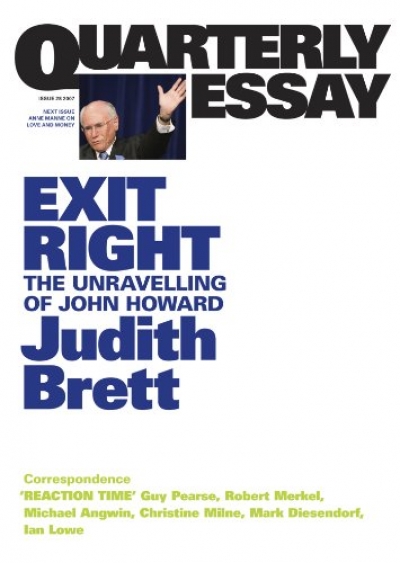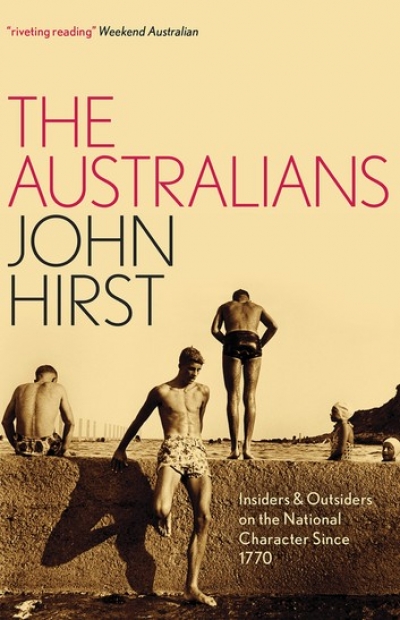Black Inc
The political assassination of Kevin Rudd will fascinate for a long time to come. As with Duncan’s murder in Shakespeare’s play it was done, as Lady Macbeth cautioned, under ‘the blanket of the dark’, literally the night of 23–24 June 2010. The assassins heeded Macbeth’s advice: ‘if it were done when ’tis done, then ’twere well it were done quickly.’ And as in Macbeth, the assassins were in the shadow of the throne. Even the old king approved: Bob Hawke, himself deposed in 1991, recognised at last that the removal of a Labor prime minister is sometimes necessary.
... (read more)Bonobo Handshake: A memoir of love and adventure in the Congo by Vanessa Woods
by Tony Wheeler •
The Best American Essays 2008 edited by Adam Gopnik & The Best Australian Essays 2008 edited by David Marr
by Gay Bilson •
Exit Right by Judith Brett & Poll Dancing by Mungo MacCallum
by Patrick Allington •
The Australians: Insiders and outsiders on the national character since 1770 edited by John Hirst
by John Rickard •

